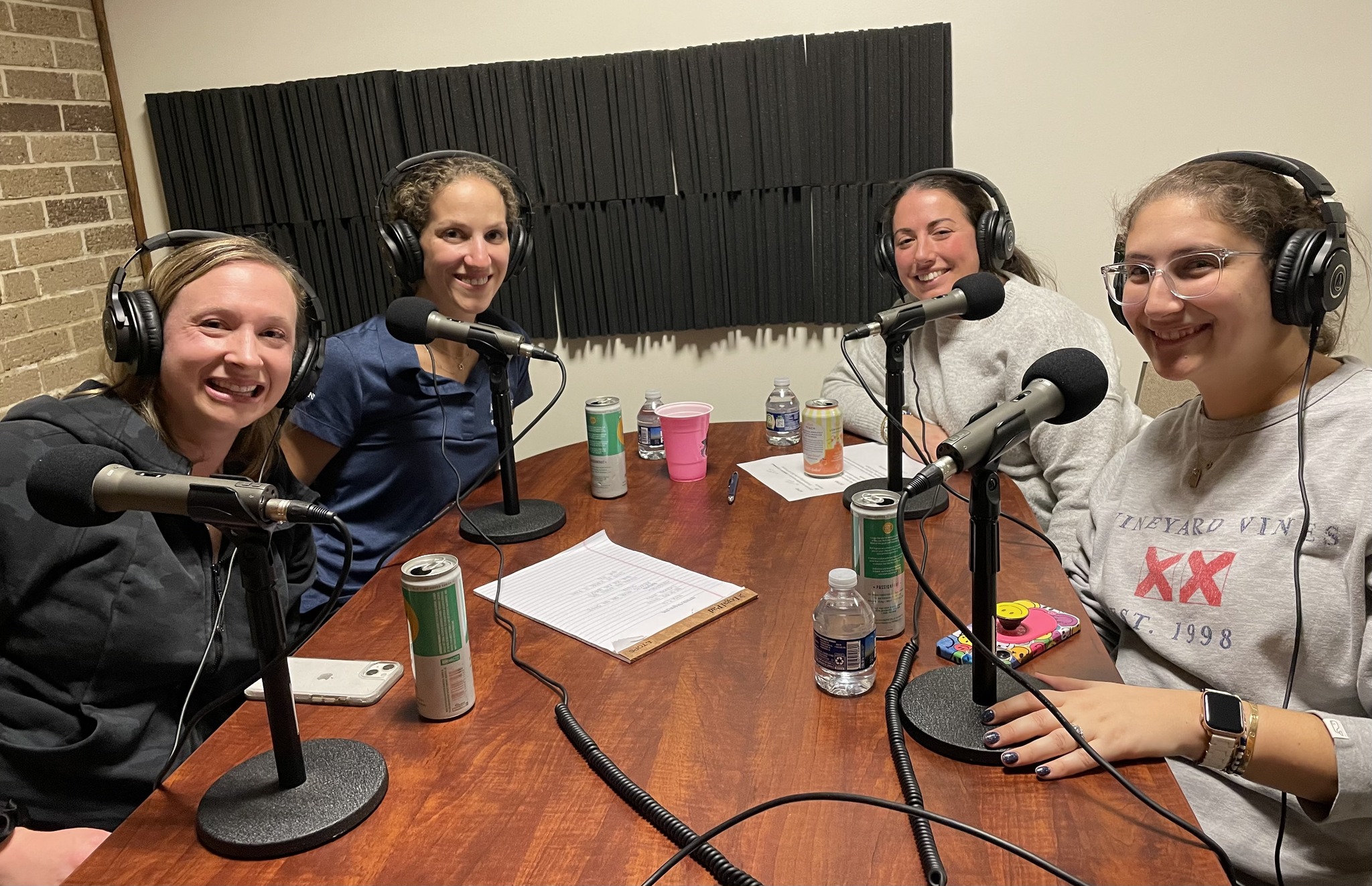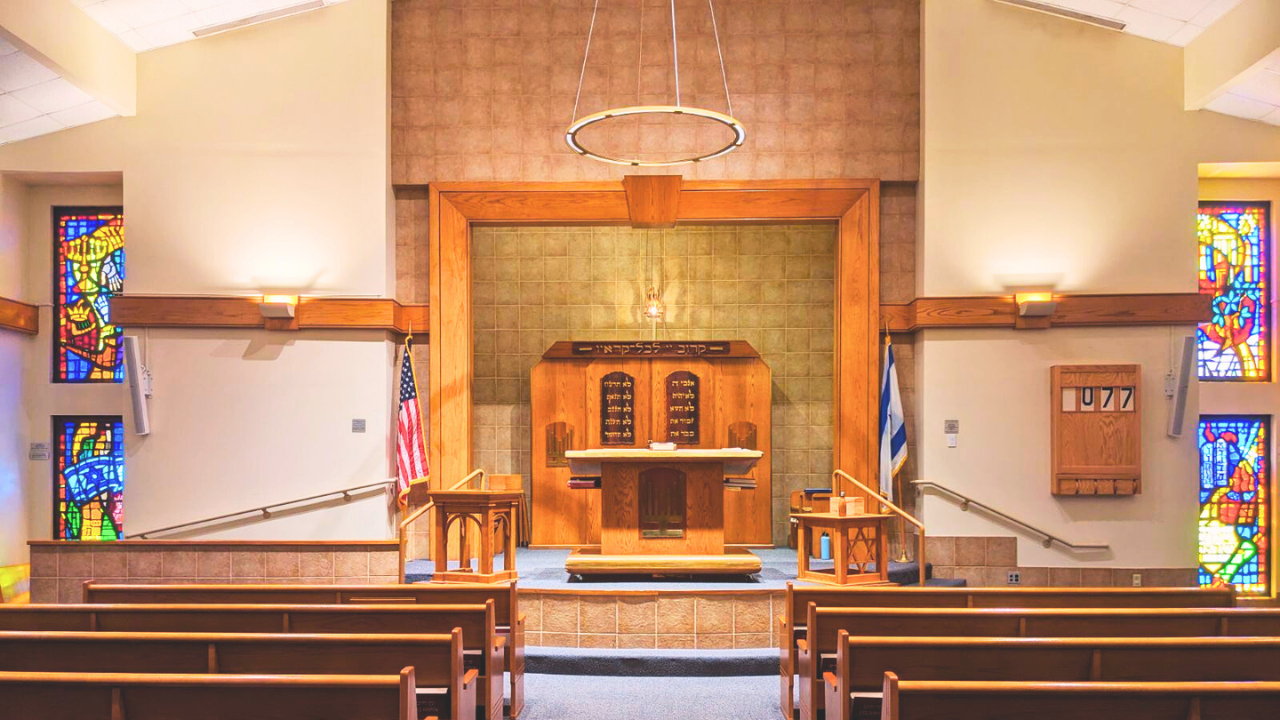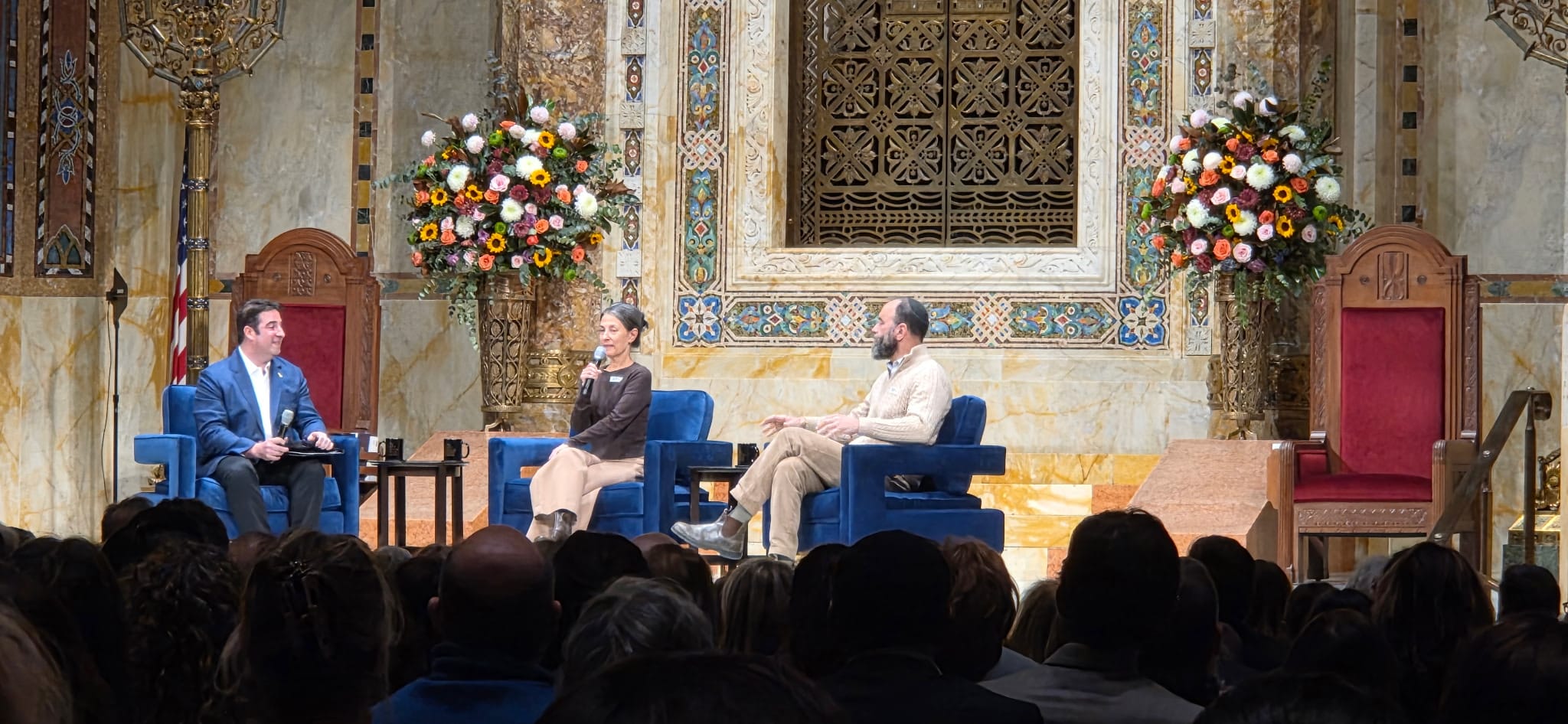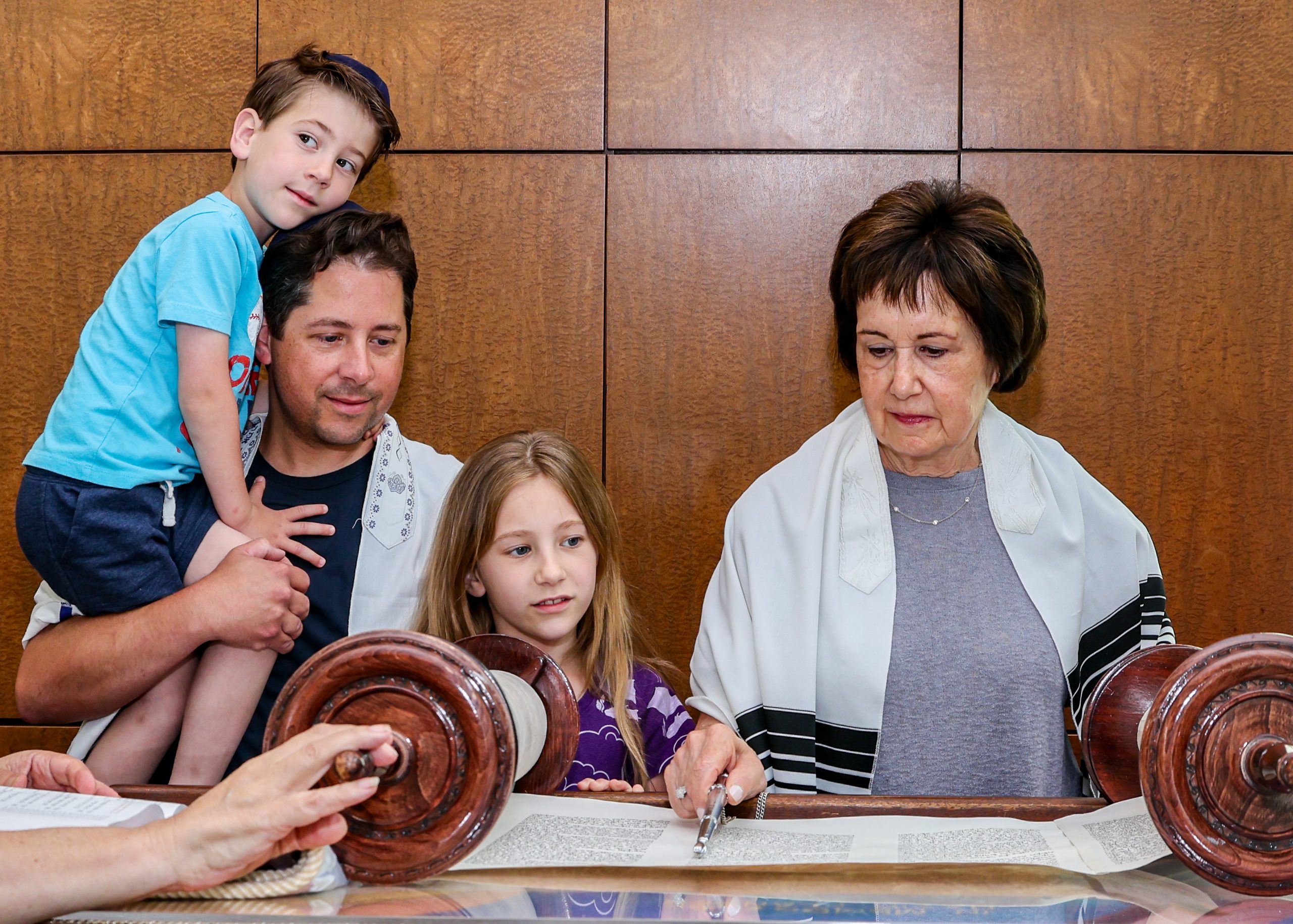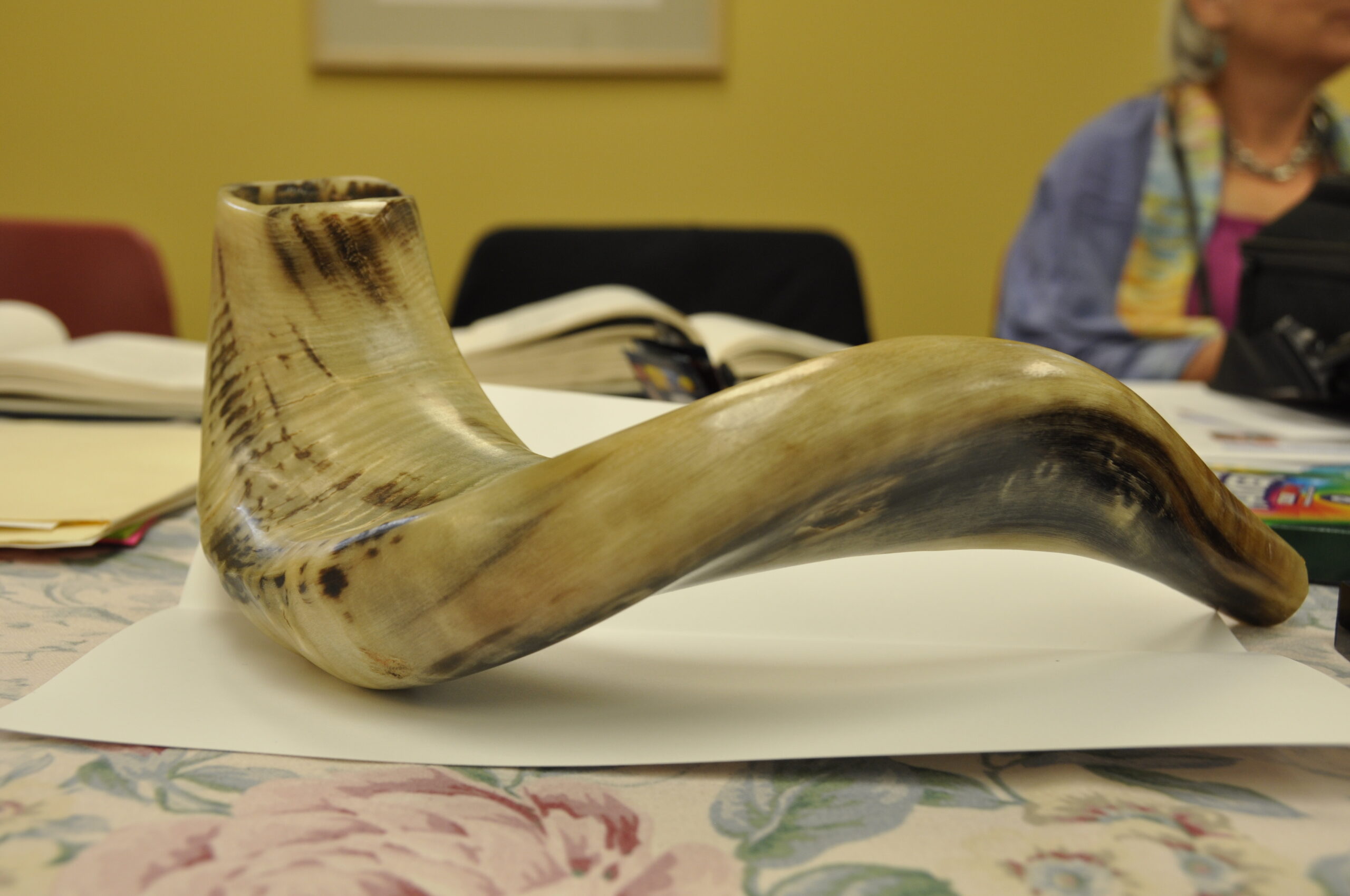
Parashat Vayetse
November 25, 2017 | 7 Kislev 5778
Annual | Genesis 28:10-32:3 (Etz Hayim p. 166-187; Hertz p. 106-117)
Triennial | Genesis 30:14-31:16 (Etz Hayim p. 176-181; Hertz p. 111-114)
Haftarah | Hosea 12:13-14:10 (Etz Hayim p. 188-193; Hertz p. 118-121)
Dvar Torah
Shuvi Hoffman, Conservative Yeshiva Faculty
The love story between Yaakov (Jacob) and Rachel is probably one of the most well-known love stories in the Tanakh, as it includes all of the elements of a good drama: Love at first sight, deceit, rivalry, crises and a tragic ending.
Yaakov’s encounter with Rachel transforms him into a superhero, who is suddenly capable of lifting a heavy stone off the well single-handedly. After kissing her (something we don’t often read about in the Torah), he weeps, adding to the emotional quality that characterizes this relationship.
Like in any dramatic tale, there are many obstacles that encumber their love. Yaakov longs to marry Rachel, only to be deceived by Lavan (Laban), his future father-in-law, and ends up marrying her sister first. Then, after many years of anticipation, when they finally become husband and wife, Rachel discovers she is barren and is forced to give her maidservant to her beloved husband, in the hope of having children vicariously through their union.
It seems the intimacy between Yaakov and Rachel is constantly threatened by others, and also by the mishaps of life. As the story unfolds, it is clear that the tension and competition between the two sisters is a central aspect of their relationship with each other, as well as with Yaakov.
But a closer reading of the verses reveals characters far more complex than two star-crossed lovers. For instance, we see that it was Yaakov, not Lavan, who suggested to put off marrying Rachel. Why would he propose such a deal? Did he want to prove his loyalty and desire for Rachel were so strong that he would be willing to work in order to be worthy of her? Or maybe he was hesitant to transition from the emotional rush of falling in love to actually cultivating a stable relationship that faces the challenges of mundane life?
And how can we explain Yaakov’s failure to recognize his partner on their wedding night? Were his feelings for Rachel so superficial that he could not tell the difference between her and Leah? Or was he just so genuinely convinced that Lavan would never trick him, that he suppressed his own doubts?
According to Babylonian Talmud Tractate Baba Batra 123a. the answer is even more complex. Rachel and Yaakov indeed anticipated his trickery and agreed on signs that would ensure the marriage would go smoothly. But on the wedding night it was Rachel who betrayed Yaakov! “Rachel gave the signs to Leah… as it is written: ‘And it came to pass in the morning that, behold, it was Leah’ (Genesis 29:25). This verse is difficult… should one derive that until now she was not Leah? Rather, through the signs that Yaakov gave to Rachel and that she gave to Leah, he did not know it was she until that moment.” The signs that were supposed to prevent Lavan’s deception become the means for Rachel to deceive Yaakov. Seemingly at the last minute, Rachel decides to put her relationship with her Leah ahead of herself and her relationship with Yaakov.
According to Babylonian Talmud Tractate Brachot 60a, Leah returns the favor years later. After Leah had six boys and was pregnant once again, she said: “Twelve tribes are destined to descend from Yaakov, six came from me and four from the maidservants, that is ten, and if this fetus is male, my sister Rachel will not even be the equivalent of one the maidservants; immediately the fetus was transformed into a daughter, as it is stated: And she called her name Dina; meaning she named her after her judgment (din).” So Leah gives birth to a girl, Dina, and Rachel to a boy, Yosef (Joseph), who Yaakov immediately elevates above all the others..
So, maybe the love story between Yaakov and Rachel, with all of its obstacles and challenges, internal and external, is not so simple and storybook. Perhaps the take-away from this deceptively complex story is not only how difficult it can be to keep the flame of love burning when faced with everyday life, but also how important loyalty and selflessness are, not only to the people we have fallen in love with, but also to others we care about deeply.
Table Talk
Vered Hollander-Goldfarb, Conservative Yeshiva Faculty
In this Parasha, as Yaakov (Jacob) leaves the country (he will return at the end of the Parasha), he has a vision of a ladder with angels ascending and descending, and is promised by God to receive the land of Israel. He arrives at his uncle Lavan, marries Lavan’s two daughters and their two handmaids, and sires 12 children. He also proves to be a very knowledgeable and hardworking shepherd.
1) As Yaakov leaves his homeland, God appears to him in Beit El and tells him that this land will be his one day. Yaakov responds by erecting a monument (28:10-22). Why do you think that he did so? When God wants him to return (20 years later), God introduces Himself as ‘the God from Beit El, where you erected a monument’ (31:13). Why do you think that God chooses to bring this up?
2) When Yaakov arrives at his uncle Lavan’s house, he tells Lavan “all these things” (29:13). What do you think it was that Yaakov told Lavan at this point?
3) Leah was married to Yaakov despite his agreement with Lavan to marry Rachel after seven years of work (29:18-25). What do you expect that Yaakov’s reaction will be? Who will pay the price for that? How will that affect the future of this family?
4) For many years, Rachel was unable to bear children. She turns to Yaakov with a demand that no other barren woman in Tanakh has put forth: Give me children! (30:1-2) What do you think that Rachel was trying to tell Yaakov? What might she have expected him to do? What is Yaakov’s reaction?
5) After many years of hard work in Lavan’s house, Yaakov hears Lavan’s sons muttering that all his possessions were ill begotten from their father. Why do you think they say this, when we know that Yaakov had agreement with Lavan, and his labor was the source of his wealth? Why do you think that Yaakov does not try to confront them and refute their claims?
Dvar Haftarah
Rabbi Mordechai Silverstein, Conservative Yeshiva Faculty
This week’s haftarah is spread over three chapters, each with a unique message. The contrast between chapters 13 and 14, however, is particularly stark. Chapter 13 is a social and religious critique of the Northern Kingdom, Israel, where Hosea mounts a blistering attack on their abandonment of God and His commandments. But in chapter 14, the final chapter of the book, Hosea’s prophetic message calls for repentance, reconciliation and blessing.
In chapter 13, Hosea uses images from the natural world to dramatize the price of Israel’s disloyalty: “Assuredly, they shall be like the morning clouds, like the dew (tal) so early gone, like chaff whirled away from the threshing floor, and like smoke from a lattice.” (13:3) Like these natural phenomena, the life of the people will be ephemeral; here one day and gone the next, without leaving a trace.
In the next chapter, however, the image of dew is turned on its head and becomes a symbol of God’s blessing upon the people’s reconciliation with Him: “I (God) will be to Israel like dew (tal); He shall blossom like a lily; he shall strike root like a Lebanon [tree].” (14:6) Here dew represents the divine blessing which will nurture the people when their relationship with God is restored.
The following midrash seizes upon this seeming contradiction: “Said the Holy One Blessed be He to the prophets: ‘Go and offer comfort to Jerusalem.’ Hosea went to comfort her. She (Jerusalem) said: ‘What is in your hand [to offer]?’ He said: ‘I will be like dew to Israel’ (Hosea 14:6) She replied to him: ‘But didn’t you say yesterday: ‘Therefore they shall be as a morning cloud, and like the dew that passes away’ (13:3) and now you say this? Which should I believe? The first one or to the second?’ [Then,] all of the prophets went to offer her comfort and they returned with her retort to the Holy One Blessed be He. The Holy One Blessed be He replied to them: ‘Let us go and offer her comfort’” (adapted from Yalkut HaMekhiri Hosea, Greenup ed. p. 209)
The prophets come to offer God’s comfort, but Jerusalem is unconvinced. Is God’s favor a blessing, or is it really a curse? Is it something reliably nourishing and replenishing in an otherwise barren environment, or is it something transitory, that sets us up for repeated disappointment?
The midrash seems to indicate that, ultimately, it is up to us. Blessing or curse is determined by our choices; in what we think and do. By choosing God, Jerusalem chooses blessing and life, and in return, God is compelled (as it were) to reciprocate. In essence, choosing God is our greatest blessing. This is as true today as ever.




